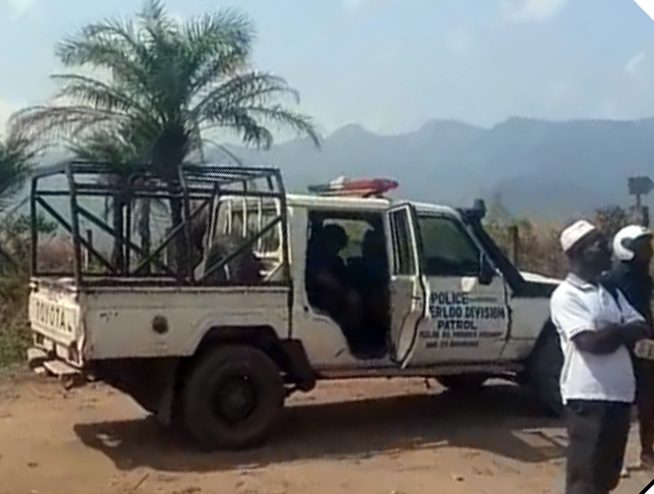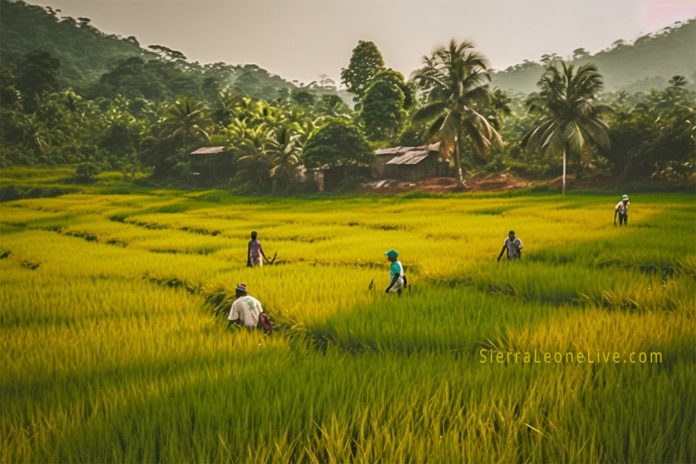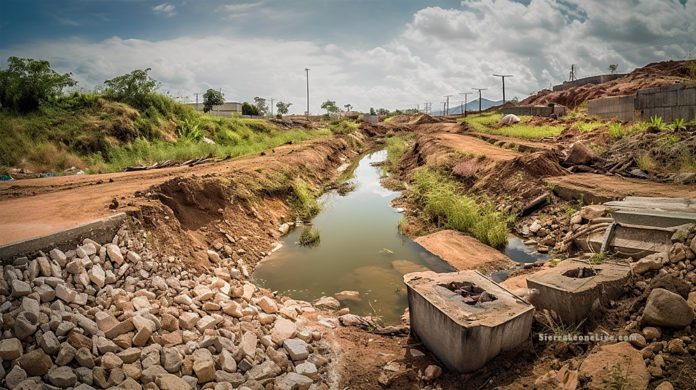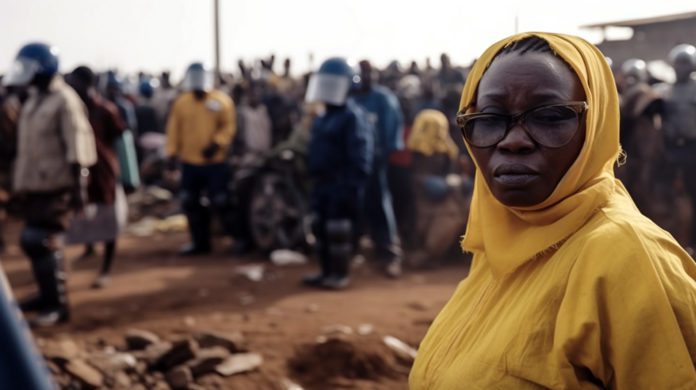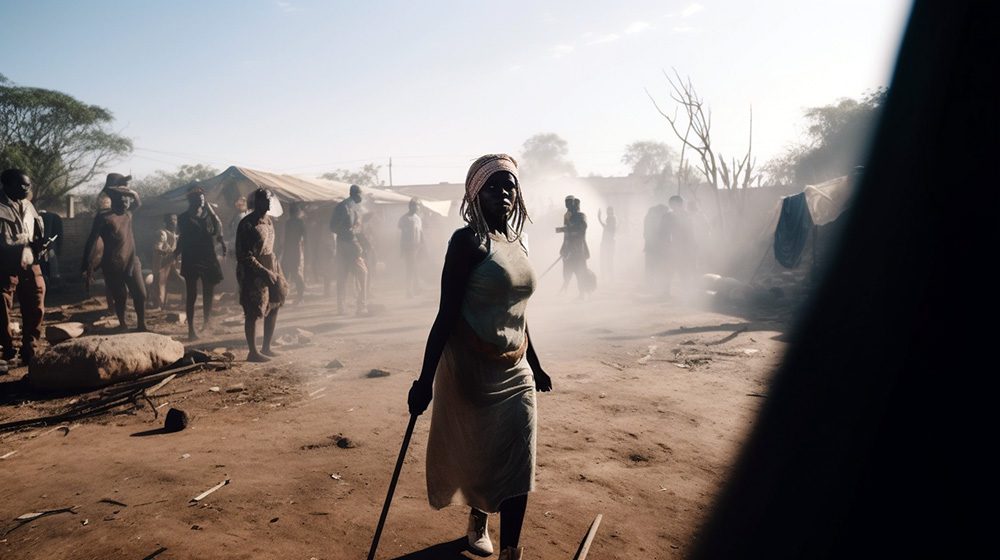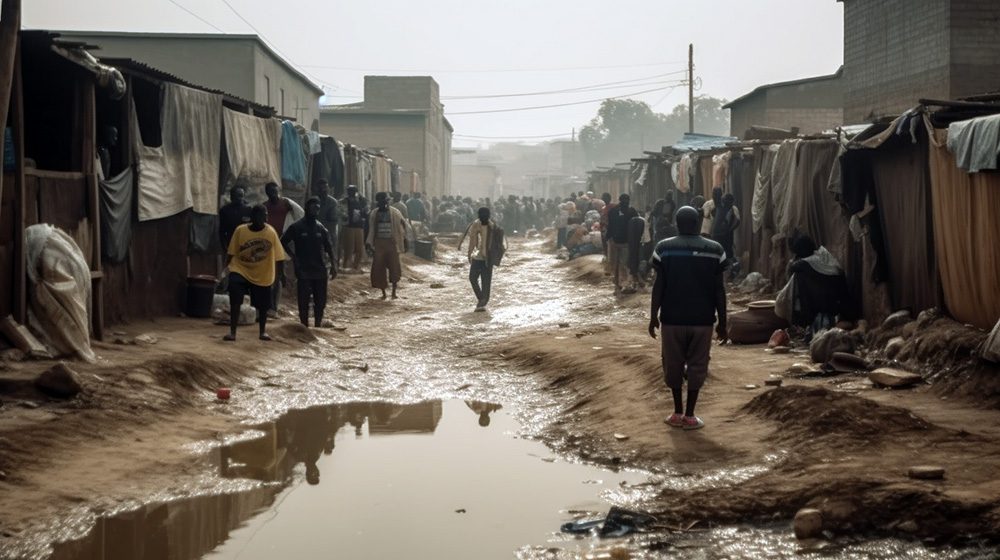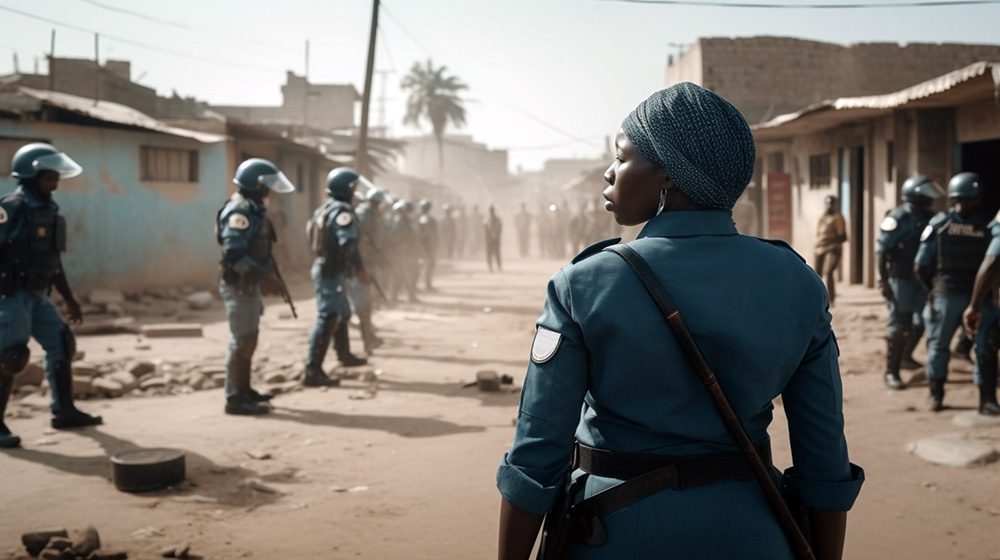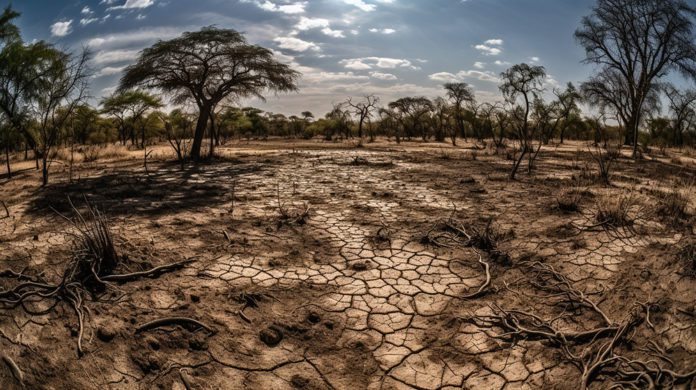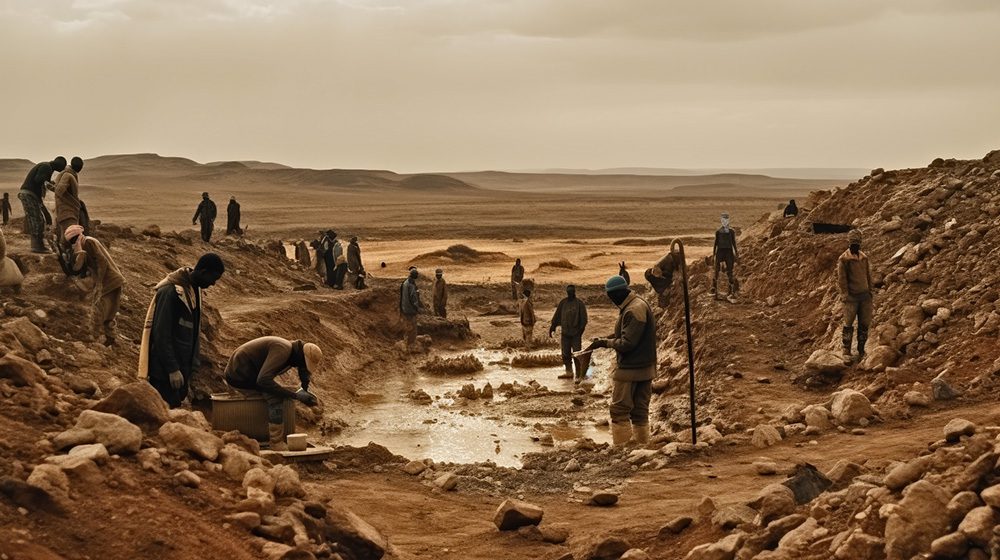
By Mahmud Tim Kargbo
First published 24th November 2020.
Almost everyone who talked to the Fambuleh family of Kerry Town, the town’s head man (Misbao Kamara), the town’s youth chairman (Saidu Kamara), and other residents of Kerry Town were appalled by the alleged display of organised police harassment and intimidation. While the Local Unit Commander and the Operations Officer at the Waterloo Post Office police station attempted to explain or defend the police actions, the evidence of grave abuse of power was so strong that defense to right-minded nationals was rendered implausible.
The actions of Assistant Inspector General of Police, Patrick A.T. Johnson, at Gbade, Kerry Town, had the earmarks of classic police abuse: lethal weapons at Kerry Town, unlawful detentions, and other intimidating tactics used by members of the Sierra Leone Police against defenseless civilians in a matter in which AIG Patrick A.T. Johnson allegedly grabbed land from the Fambuleh family, an event infused with pain and oppression, and carried out with an attitude of impunity. For some, the event echoed many similar events in the past. Responding to the King incident, a senior police officer declared that “the problem of abuse of power in Sierra Leone policing is real.” For many others living in Kerry Town, it was a first-time eye-opener, a window into a world of official violence that could not be squared with our cultural and political norms under a “New Direction” government.
Allegations of police abuse in their quintessential form: several heavily armed police officers often broke into Kerry Town without a judicial warrant, ransacked houses, and terrorised Kerry Town occupants, making derogatory slurs as they proceeded in their intimidating tactics with an intention to ensure the Fambuleh family backed off from what they say is their private land. Villagers said that sometimes arrests are made until it pleases AIG Patrick A.T. Johnson before they release the detainees. Many believe these allegations by the people of Kerry Town against AIG Patrick A.T. Johnson state a cause of action under Sierra Leone’s laws. We must legally counter such a blatant abuse of power without state approval or authorisation undertaken by a senior police officer in a private matter.
Unfortunately, Kerry Town residents have not realised their expectations. Going two years and many legal battles, the abuses by AIG Patrick A.T. Johnson against the Fambuleh family and Kerry Town residents continue unabated. Arrests and detentions of Kerry Town youth and the daily controversial presence of police in the land from Waterloo Post Office Police Station focused attention once again on the problem of police abuse and showed the continuing existence of the practices and policies that cause it. AIG Patrick A.T. Johnson claimed he was the rightful owner of the land and that he inherited it from his father. However, Kerry Town stakeholders said they’ve never seen AIG Patrick Johnson or any of his claimed relatives at Kerry Town. They continued, “One Abu Sillah Bangura brought Johnson into this whole land issue in 2019 to make money at the expense of ethics.”
An essential question that emerges from this abuse of power action by AIG Patrick A. T. Johnson is whether the institution, program, and principles we have developed to empower the police in Sierra Leone are also adequate for controlling the police. We must also ask whether, in our society, which relies substantially on the courts to regulate and control governmental behaviour, the legal response to police abuse is sufficiently sensitive to the institutional nature of the problem.
Enforcing proper restraints on police power is an essential thing for our society under President Bio’s government. Our society cannot harbour both a fear of governmental abuse and a tolerance of repressive measures, the latter reflecting a belief that police excesses are necessary to combat crime. The pervasiveness of violence, the lack of social cohesiveness, and sharp disparities in privilege, wealth, and power supply fertile ground for crime and social unrest. Frustration with disorder and crime leads to a public acceptance of extra-constitutional police practices. Because police abuse is most often directed against those without political power or social status, they dismiss and ignore their complaints.
Acceptance of a certain level of police abuse is a predictable majoritarian response to crime, upheaval, and threats to the status quo. The true test of our society’s commitment to constitutional constraints is how the government and the courts respond to these systemic deviations from constitutional norms. If we examine current police conduct in light of this test, the response of the government and the courts has been insufficient. We have manifested an indifference to documented abuses, and we have fostered official violence through social, political, and legal structures. reinforce patterns of unlawfulness. We know much about the principles of no accountability and organisational control, yet we often cannot apply these basic precepts to law enforcement officials.


